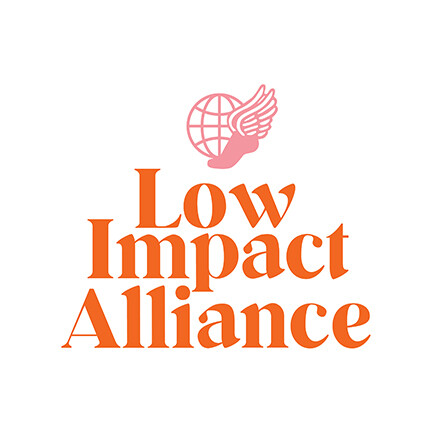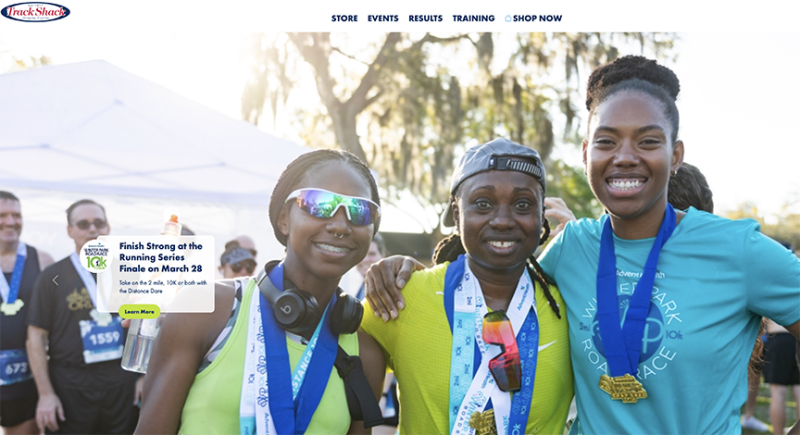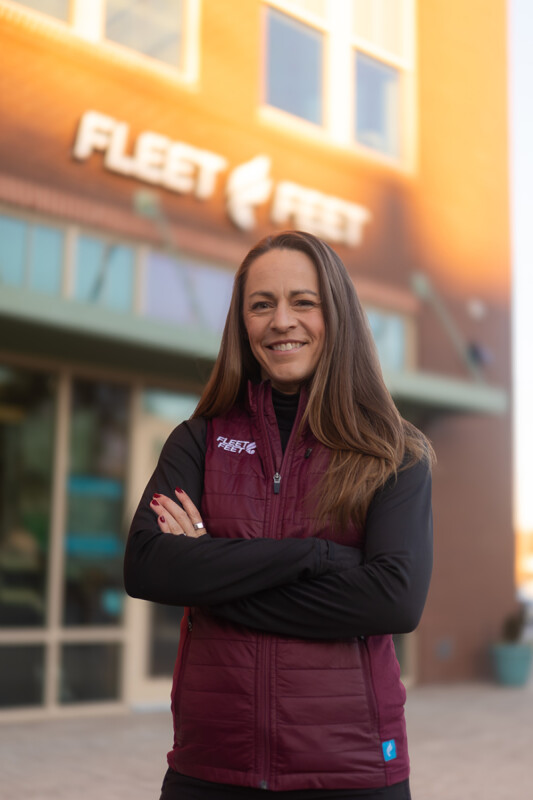In a run specialty business that lacks data on eco-efforts and the demand for environmentally friendly products and practices, the Low Impact Alliance (LIA) is set to launch an industry-wide survey with hopes of collecting baseline data on the attitudes of consumers towards more sustainable products in the running industry.
The official launch date for the LIA survey is October 24.
“This is an area severely lacking in data and we are hoping to start filling in that gap by dispersing a survey through run specialty retailers and industry-wide organizations in hopes of hearing from their consumers and followers” explains Christian Fyfe, of Palmetto Running Company and one of the driving forces behind the LIA.
A survey invitation will be distributed throughout the industry prior to the launch to inform both retailers and brands of the research the LIA is conducting with the goal of encouraging their efforts in inspiring participation, adds Fyfe.
According to the invitation being sent out by Ellen Szostak, a staff member at Mill City/Saint City Running and graduate student and the University of Minnesota School of Public Health, who has teamed with LIA to complete the research, “as much as running is positively associated with the environment as a place for millions of people across the United States to engage in their sport, the running industry is also pumping large amounts of carbon emissions into that same environment.”
A study by MIT in 2013 indicates that producing one pair of running shoes releases approximately 30 pounds of carbon.
“An industry that relies on a healthy and clean environment should not also be producing so much carbon emissions,” says Szostak. “If we want to see the running industry continue to grow into the future and in a world that is shifting its priorities on sustainability, we need to be making steps in the right direction. Our consumers are the ones driving the success of the industry so we need to know what is important to them.”
With more emphasis being placed on the sustainability of products and encouraging consumers to make informed choices on where they are spending their money, LIA wants to find out whether these decisions are being made in the running industry. Are consumers looking at two products and considering the sustainability of each? Do our consumers have enough information on their hands to make an informed choice about products in the running industry? These are all questions LIA is seeking to answer with this survey.
“We want to encourage honest answers in this even if it may mean our consumers aren’t prioritizing sustainability as much as we’d like them to be,” Szostak adds, explaining that the information collected will be beneficial to both brands and retailers.
Brands may be doing their own work individually on the sustainability of their products and determining what their customers want to see, but getting general, non-brand specific information from a third party outside the brand may lead to fewer biased responses. Retailers will be able to use this information to better understand what their consumers want to see in stores and the options they hope to have.
The official survey link will be sent out to those who choose to opt-in and shareable digital assets will be provided by the LIA to simplify the promotion process for retailers. By opting in retailers and brands will be committing to sharing this survey with their database of consumers via e-mail, social media, or in-store QR codes. For a direct link to the opt-in form and more information, visit https://www.lowimpactalliance.com/umn-consumer-attitude-survey.




.jpg.medium.800x800.jpg)

